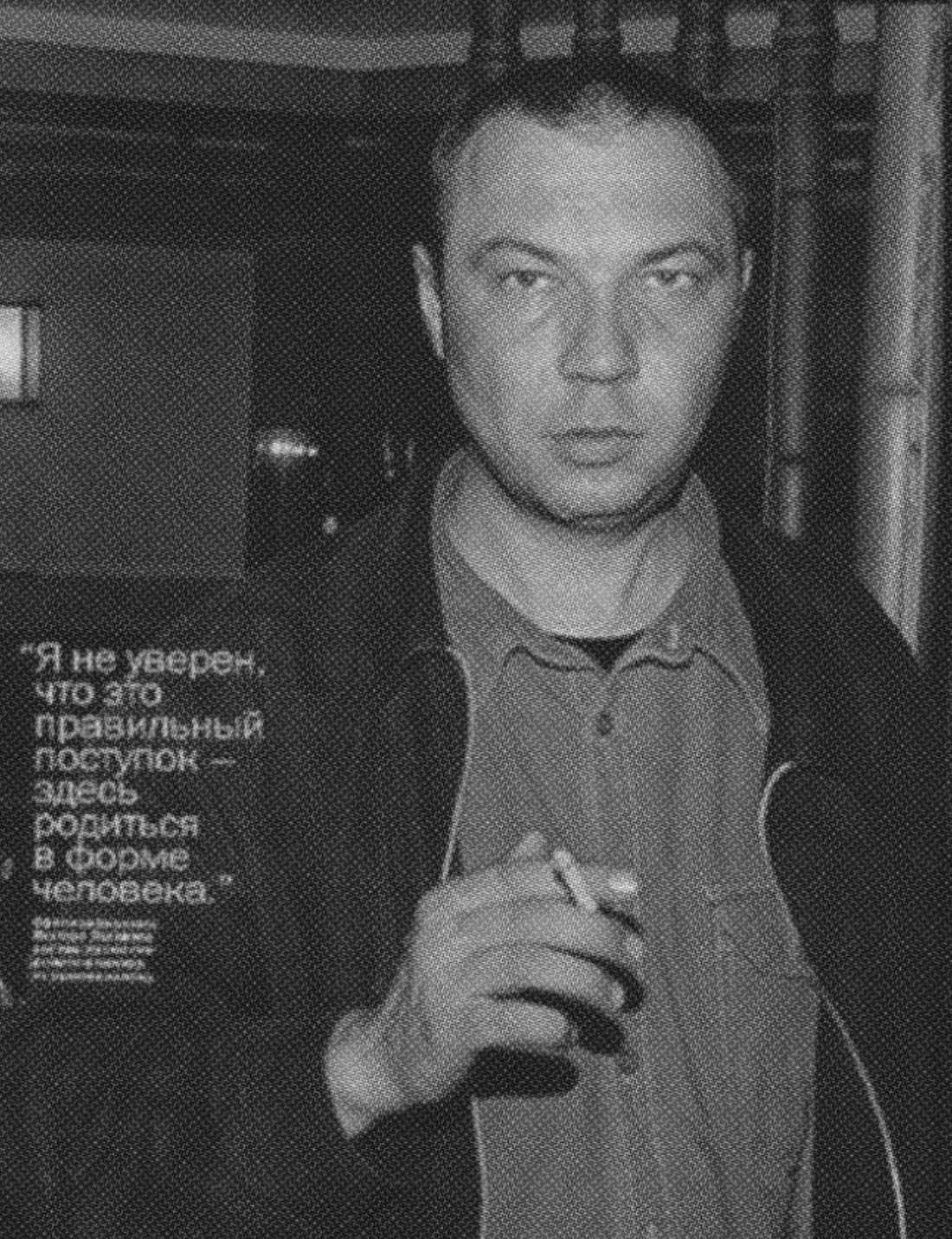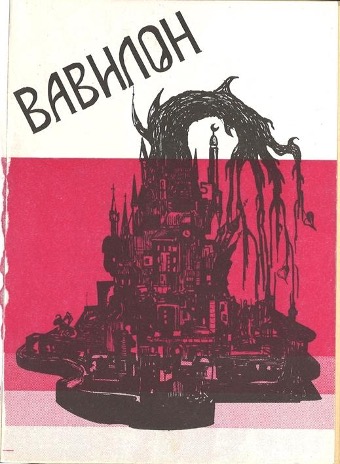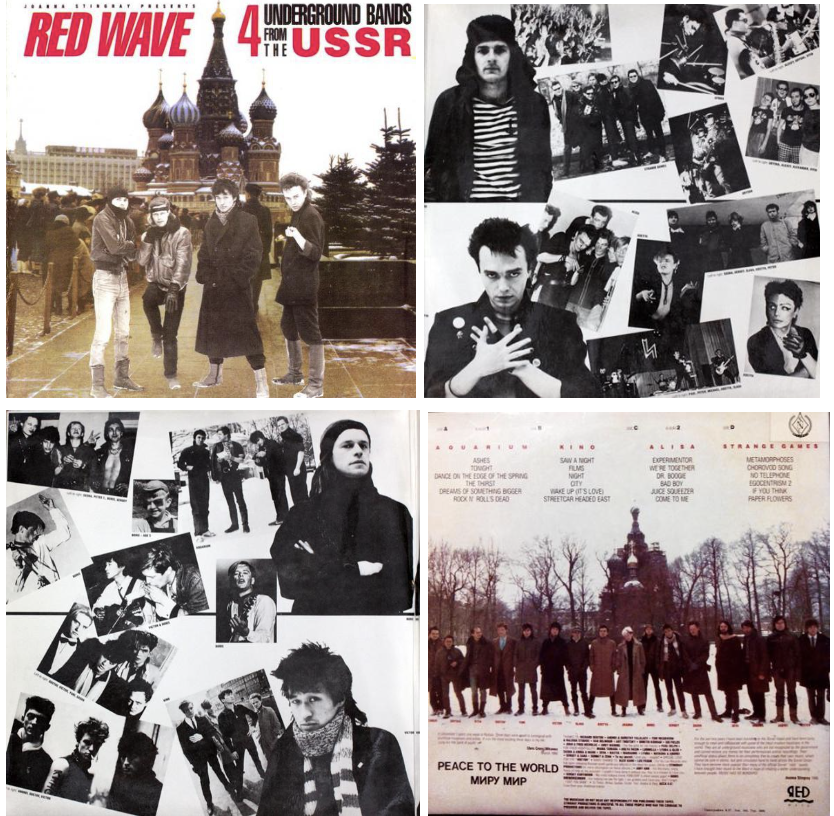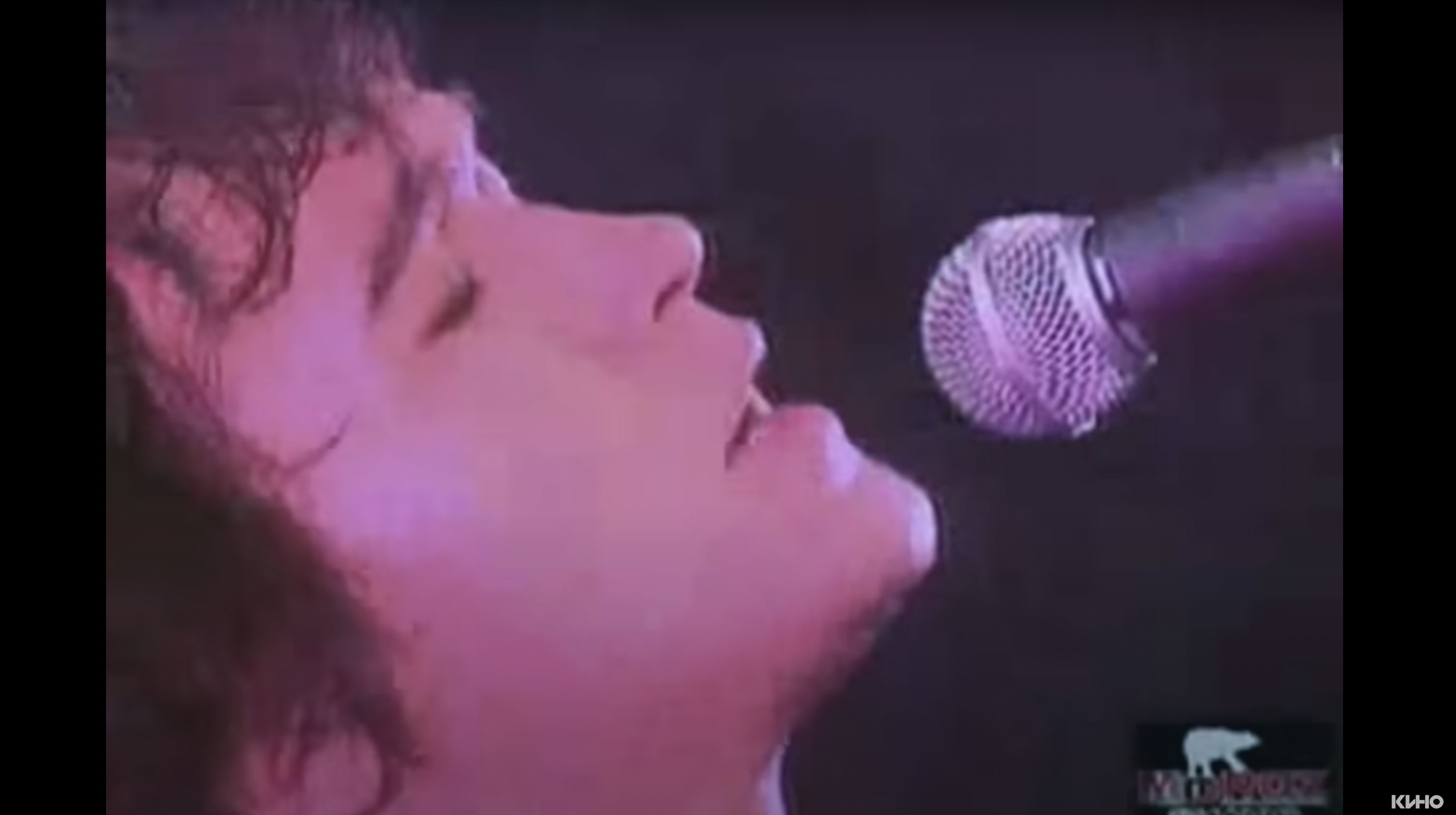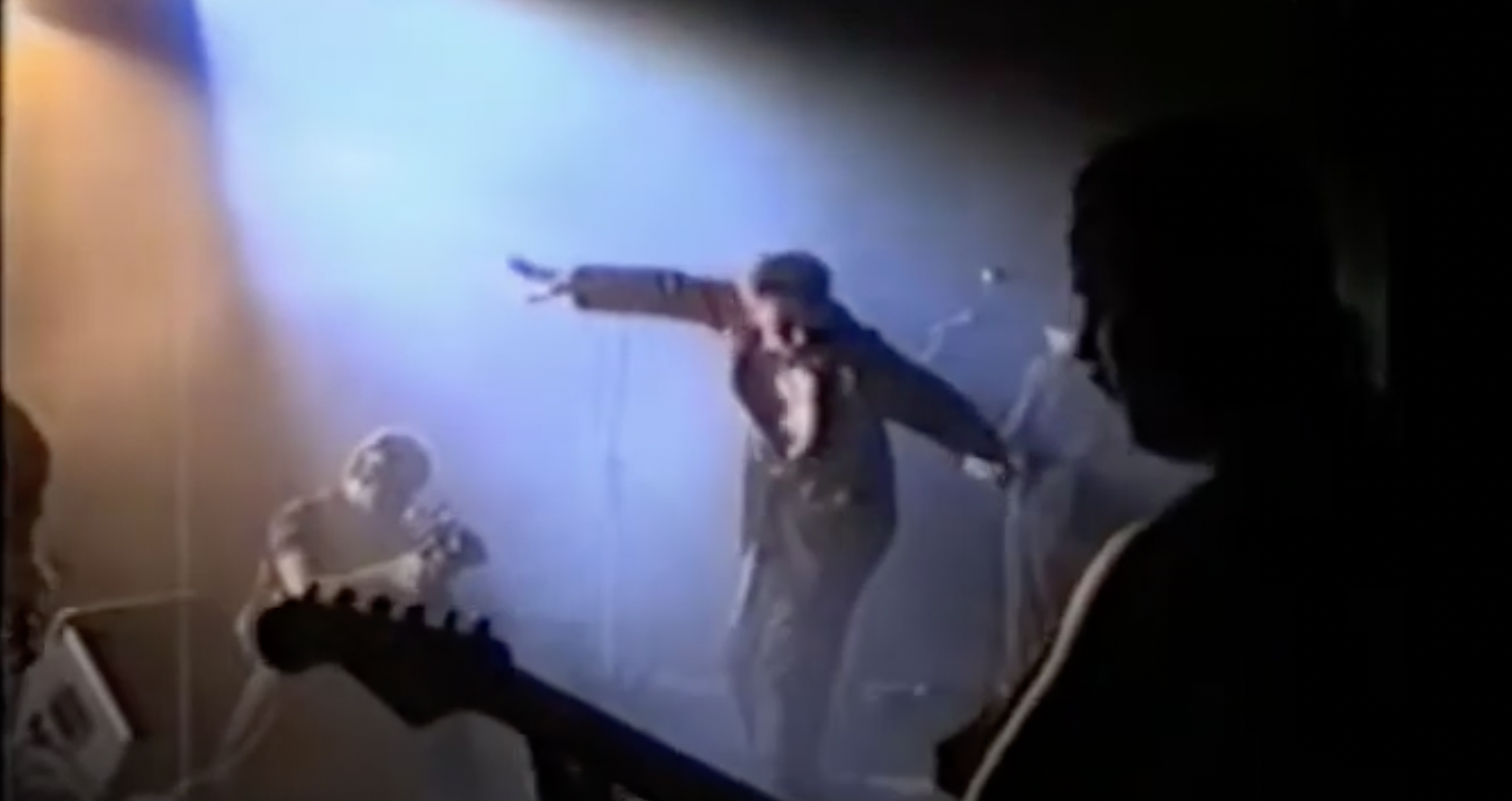Search Results
Search Terms
Results: Displaying Artifact 79 - 84 of 223 in total
Text Containing:
Fields: Human Readable Date
Page: 14
Interview with Victor Pelevin
After the launch of Victor Pelevin’s hit novel “Generation P” in 1999, the author set out on a publicity tour in which he behaved as poorly as his own protagonist, Vavilen Tatarsky. And much like his protagonist, he proved that, in post-Soviet Russia, bad behavior sells.
An Online Babylon: Vavilon.ru
Vavilon, or Babylon, began as a loose group of young poets brought together by Dmitry Kuzmin in 1988. In the post-Soviet years, the group's almanac, and then website, became a driving force behind some of the most innovative poetry of the 1990s.
Chumak sends morning healing vibes to perestroika-era audiences
A 1989 healing session with TV psychic Allan Chumak (1935-2017) taking place during the morning newscast “120 Minutes.” Chumak alleged that his techniques worked not only on people themselves, but also on their drinking water and moisturizing products.
Red Wave: 4 Underground Bands from the USSR
Starting in 1984, aspiring American rock singer Joanna Stingray (1960-) began smuggling recording equipment into Leningrad's rock community, orchestrating the first-ever Western release of Soviet rock music—the double album Red Wave (1986).
Kino’s last concert at Luzhniki Stadium
Footage of a live Kino concert at Moscow's Luzhniki Stadium on 24 June 1990, about six weeks before frontman Viktor Tsoi's death in a car accident in rural Latvia at the age of 28. We see the band at the apex of its popularity, and the country in transition: a heavy and conspicuous Soviet police detail is assigned to the event, while audience members wave both the Soviet flag and the Russian tricolor banner.
Auktsyon performs “Alive” (Zhivoi) at the 8th Leningrad Rock Club Festival, 14 March 1991
As an art-jazz-rock collective, Auktsyon was a genre-blending musical and performance phenomenon within the Leningrad underground, distinguishing itself from other bands in both longevity and stylistic variation. Throughout the post-Soviet period, Auktsyon gradually increased the antiestablishment content of its music, while maintaining a veneer of ideological ambiguity.
